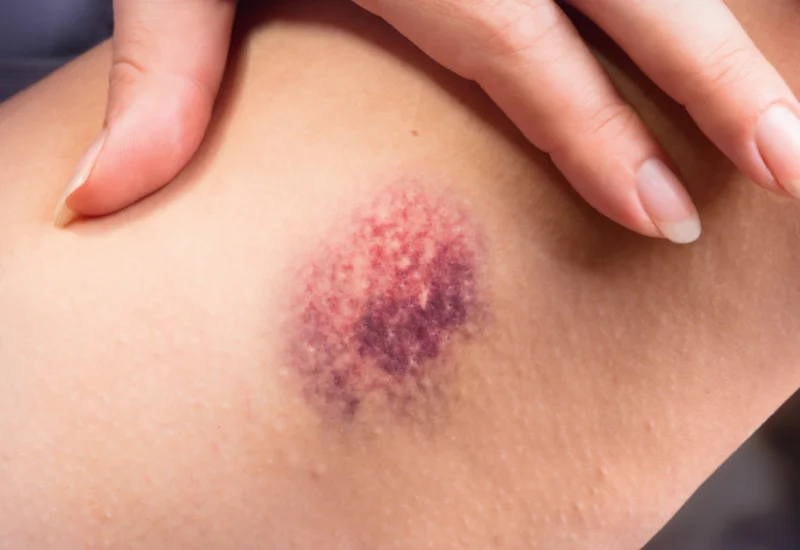Bruises are a part of life. They tell you that you never really learn how to ride a bike unless you’ve fallen at least once. Until you have the bruises to match up to your experiences, did you have those experiences?
Although many people wear their bruises like a badge of honor, some do not feel the same about their wounds. This can be because of many reasons, for example, the bruise causes their self-esteem to waiver, or they feel very self-conscious of the bruise. The bruise could also be a source of pain and could worsen or even get infected if not treated as soon as possible.
There are multiple ways as to how one can treat their bruises, ranging from basic home remedies to fully-fledged hospital care. The type of remedy chosen depends not only on the severity and the location of the bruise but also on the personal preference of the patient. Some patients prefer home remedies over going to a doctor, while some may prefer asking the doctor for even the most basic of health care.
Nevertheless, knowing how to treat a bruise is a basic survival requirement, and this blog will help guide you through it.
1. Ice Therapy:
One of the most common methods of treating a bruise is by cooling it down with the help of ice or cold water. This is because applying ice immediately to the bruised area will reduce the blood flow and blood pressure. Therefore, less and fewer amounts of blood will leak out from the surface. Therefore, there will be less swelling, and it will also provide a cooling effect to the area.
One can use an ice pack or apply a cloth that has been dipped in cold water, it is recommended to change the cloth or ice pack often.
2. Heat Therapy:
Heat therapy works in the opposite way that ice therapy works. While ice therapy slows down the blood flow and decreases pressure, heat therapy is meant to increase the blood flow and remove any trapped blood which can be caused when bruises are formed. This can be done by applying a hot water bottle or warm cloth and changing it repeatedly.
3. Aloe Vera:
This is one homemade remedy that is meant to be used for almost everything. Aloe Vera contains anti-inflammatory properties that can help control inflammation and bruising. The patient has the choice to apply Aloe Vera either directly from the plant source, or by using creams and gels that incorporate Aloe Vera in it.
4. Compression and Elevation:
Compression and elevation are two techniques that can also be used to treat bruises. Both of them have different functions and should be used where they are better seen to fit. For example, compression is used to decrease the blood flow by squeezing it and preventing it from flowing out. Elevation, however, is used to drain the blood flow away from the bruised area. Whether you choose elevation or compression, it depends mostly on where your bruise is located.
5. Vitamin K Cream:
Vitamin K is an important vitamin that possesses multiple anti-inflammatory properties that can be used to treat bruises. There are special creams that one can therefore invest in.
6. Vitamin C:
Vitamin C also has some anti-inflammatory properties that can be used to help treat the bruise. Vitamin C can be found in the form of gels, creams, serums and can also be taken topically in the form of serums.
7. Hospital Check-Up:
Sometimes these home remedies are not enough, and the bruise is either too severe or the location is too complicated for someone to treat on their own. Therefore, it is recommended that you locate the nearest clinic and get the bruise checked. This is because it could end up being a fractured bone or a pulled muscle.












